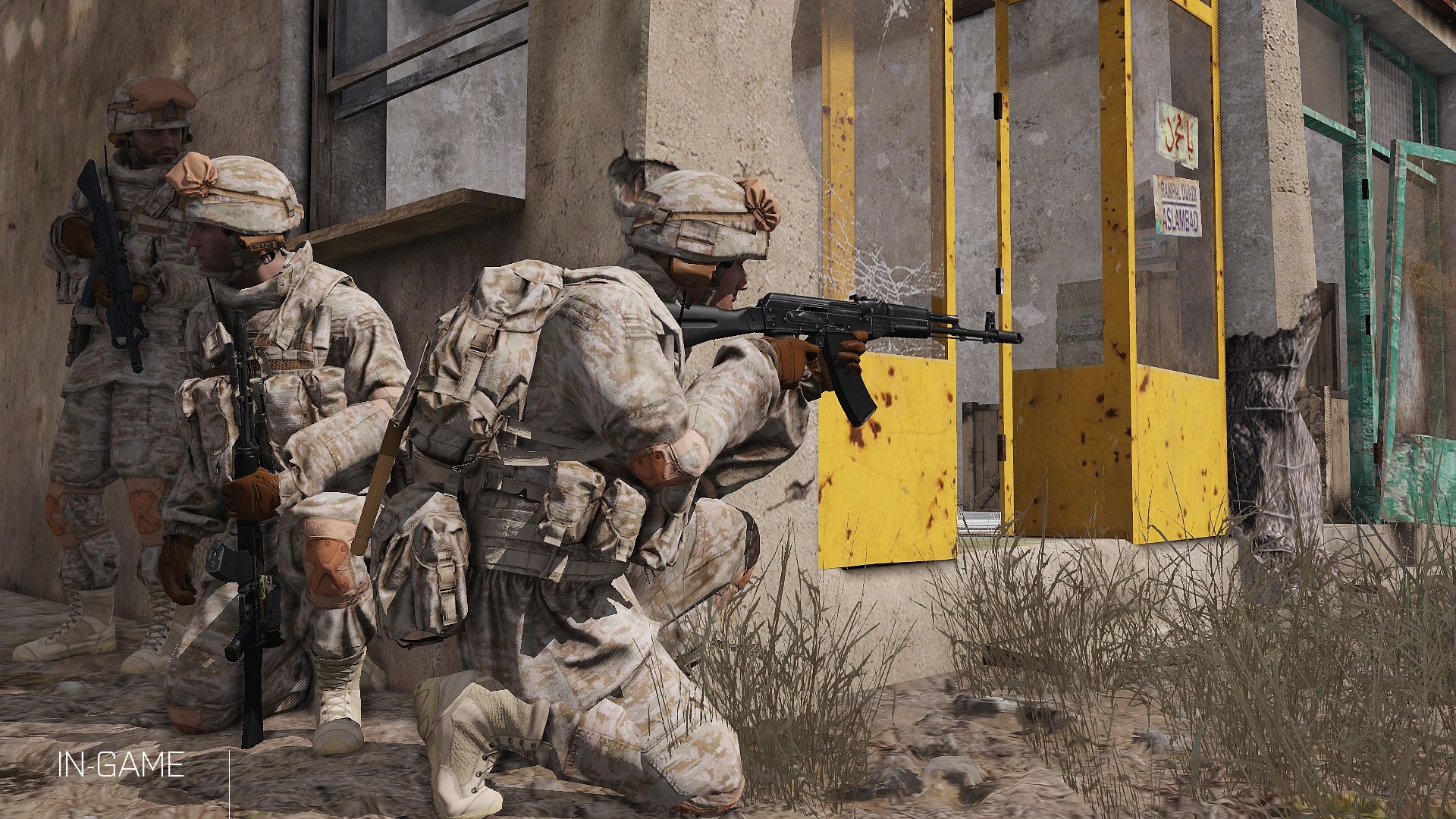
Russia’s Turmoil Reshapes the Syrian Battlefield
As Moscow fights internal battles, its influence in Syria takes an unexpected turn.
The ongoing civil war in Russia has forced the Kremlin to reevaluate its overseas military commitments. With internal instability growing and Moscow facing armed opposition at home, Russian leadership has intensified efforts to consolidate its influence in Syria, seeing the war-torn country as a critical foothold in the Middle East. Military deployments remain active, and reports suggest a renewed push to reclaim lost ground and secure strategic locations.
At the same time, the Islamic State (ISIS) has suffered significant setbacks in Syria, with its fighters shifting focus back to Iraq and Iran rather than maintaining pressure in Syrian territories. With ISIS weakening, Hay’at Tahrir al-Sham (HTS), a powerful jihadist faction in Syria, has seized the opportunity to expand its control. Through strategic alliances, local governance initiatives, and a growing reputation as a protector of civilians in opposition-held areas, HTS has managed to strengthen its position. This has led to speculation that Russia may now be working alongside HTS in certain regions—an unexpected alignment that could further alter the balance of power in the conflict.
Despite its domestic crisis, Russia continues military operations against ISIS in Syria, conducting airstrikes and counterinsurgency missions. However, with Russian forces engaged in both domestic and foreign conflicts, concerns arise over their long-term sustainability. Some analysts argue that Russian forces may soon be overstretched, while others believe Syria remains too valuable for Moscow to abandon.

Meanwhile, the shifting alliances between HTS, Russia, and local militias raise further questions about the future of Syria’s fractured battlefield. If Russia deepens its involvement with HTS, it could mark a drastic departure from its previous alignment with the Syrian government and shift the power dynamics of the entire region.
With alliances shifting, ISIS losing ground, and Russia balancing domestic instability with foreign ambitions, Syria remains a volatile battleground where no faction can claim total control. The situation continues to evolve, and Moscow’s next move will likely have far-reaching consequences for the entire Middle East.
